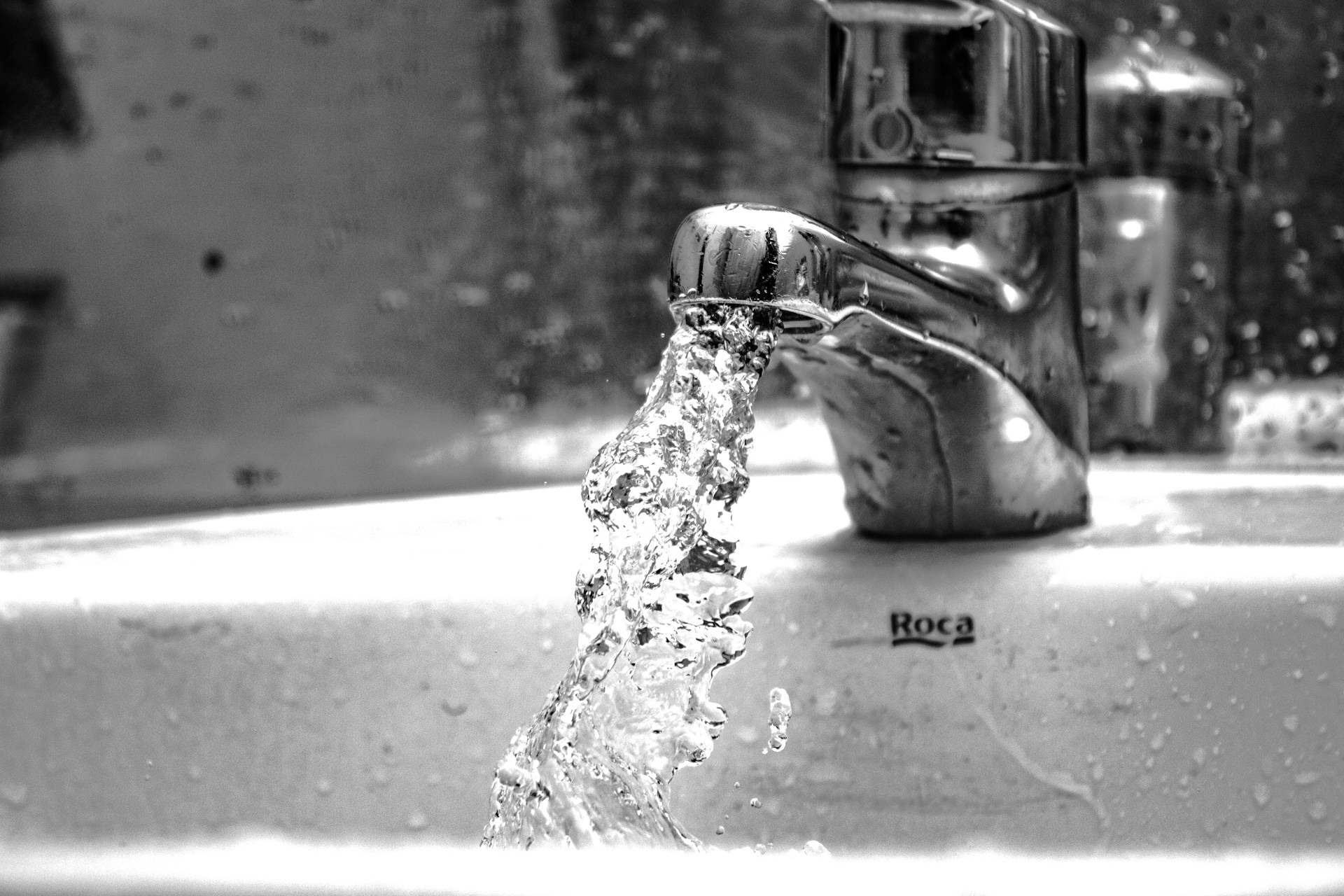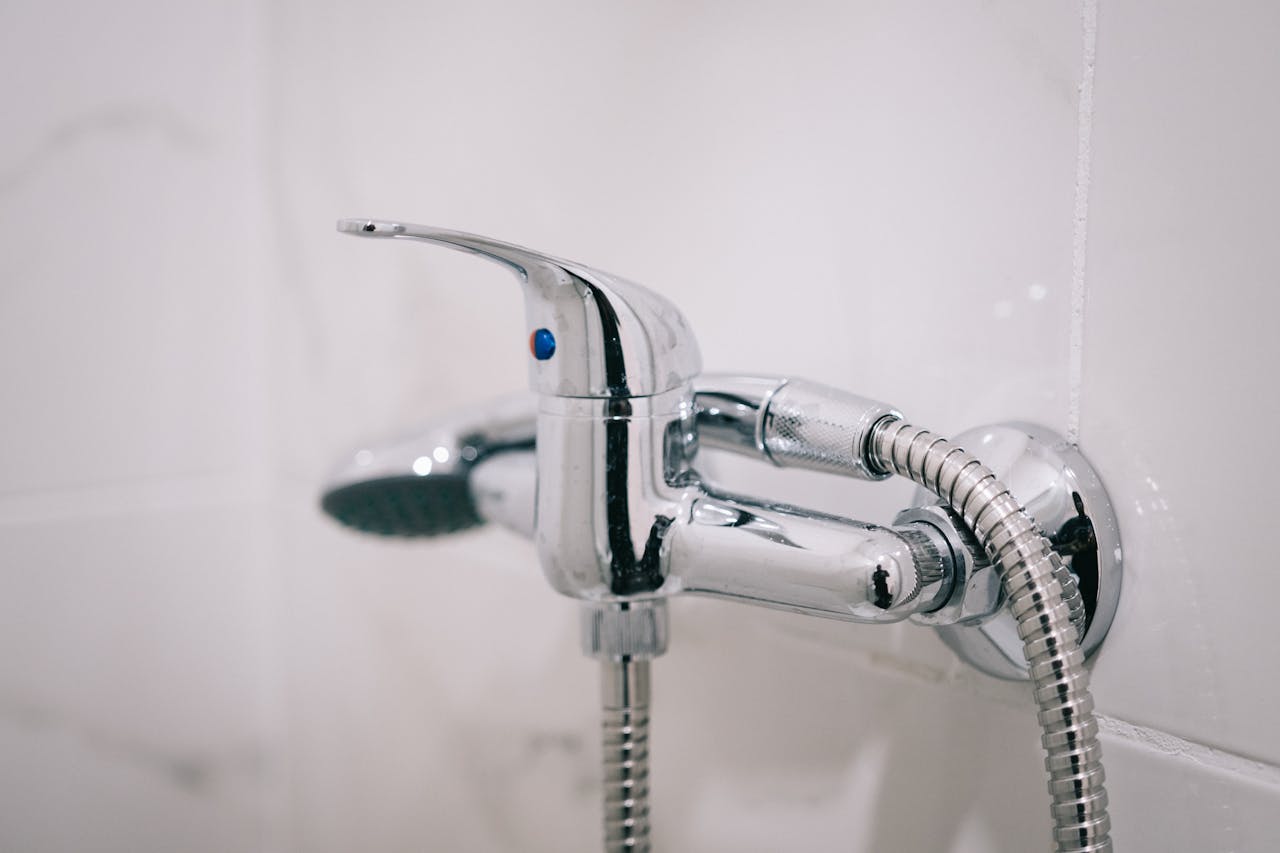
Water damage is a common issue that many homeowners face, often leading to expensive repairs and the loss of personal items. It is caused by various factors such as heavy rain, storms, or plumbing issues. However, there are simple steps you can take to prevent water damage from affecting your home.
Get Things Off the Floor
One of the easiest ways to prevent water damage is by keeping your valuable items off the floor. During heavy rain, flooding, or unexpected leaks, water can seep into the floor and damage furniture, electronics, and personal belongings. It is essential to elevate these items above the potential water line, especially if you reside in an area prone to flooding.
Tip: Use raised shelving, waterproof bins, or furniture with elevated legs to keep items off the floor. Doing this ensures that even if water does enter the room, your belongings remain dry and safe. Taking this simple step can save you from costly repairs and damage.
Unplug Electronics
Water and electronics do not mix well. When water comes into contact with electrical devices, it can cause serious damage or even result in a fire. This is especially true in areas where flooding or leaks are more common. To protect your electronics, it is important to unplug them when storms are expected or when you know you may be at risk for water damage.
Tip: Unplugging devices such as televisions, computers, and other electronics when severe weather is expected reduces the risk of electrical damage. Additionally, unplugging devices can prevent potential hazards caused by water and electrical systems coming into contact.

Secure Valuables
Important documents, photographs, jewelry, and other valuable items are often most at risk of water damage. It is important to keep these items safe and dry, especially during times when water damage is more likely. When water floods a home, these irreplaceable items can be ruined in a matter of moments.
Tip: Store valuable items in waterproof containers or elevate them to a higher shelf. If you have important documents or keepsakes, place them in sealed plastic bags or boxes to prevent water from reaching them. Keeping valuables secured will ensure that even if water enters the home, your most precious items remain safe and protected.
Inspect and Clean Gutters Regularly
Blocked gutters can cause water to overflow, which may lead to flooding and water damage inside your home. Debris such as leaves, twigs, and dirt can build up in gutters, preventing water from flowing freely and causing backups that may end up damaging your roof, siding, or foundation.
Tip: Regularly inspect and clean your gutters to ensure they are free from obstructions. This small task can save you from much bigger problems later on. Clear gutters allow water to flow smoothly, directing it away from your home, and preventing unwanted water damage.
Check for Leaks Around Windows and Doors
Leaky windows and doors can let in water, especially during storms. Water can seep through even the smallest gaps, leading to mold growth, rot, and overall damage to your home’s structure. It is important to regularly check your windows and doors for leaks, particularly after heavy rain or high winds.
Tip: Seal any gaps or cracks around windows and doors with weatherstripping or caulk. This simple fix will prevent water from seeping inside, keeping your home dry and preventing future water damage. Additionally, sealing these areas helps with energy efficiency and can lower heating and cooling costs.
Know Where Your Water Shut-off Valve Is
In case of a plumbing emergency, knowing where your water shut-off valve is located can make a big difference. A burst pipe or other plumbing issue can cause a significant amount of water to enter your home quickly, leading to major water damage.
Tip: Familiarize yourself with the location of your home’s main water shut-off valve. If a pipe bursts or you notice a plumbing issue, turning off the water quickly can stop the problem from getting worse. This simple action can help limit the amount of damage caused by plumbing failures.
Use Sump Pumps in High-Risk Areas
Sump pumps are useful in areas of your home that are prone to flooding or excess moisture, such as basements. These pumps remove water from low-lying areas, preventing it from accumulating and causing damage.
Tip: Install a sump pump in your basement or other flood-prone areas of your home. A properly working sump pump can keep your home dry by pumping out excess water that could otherwise lead to flooding. This device can be especially helpful during heavy rains or when your area is at risk for flooding.
Start Your Quote Today
Our licensed specialist will search for the best insurance quotes and will email you when ready.



